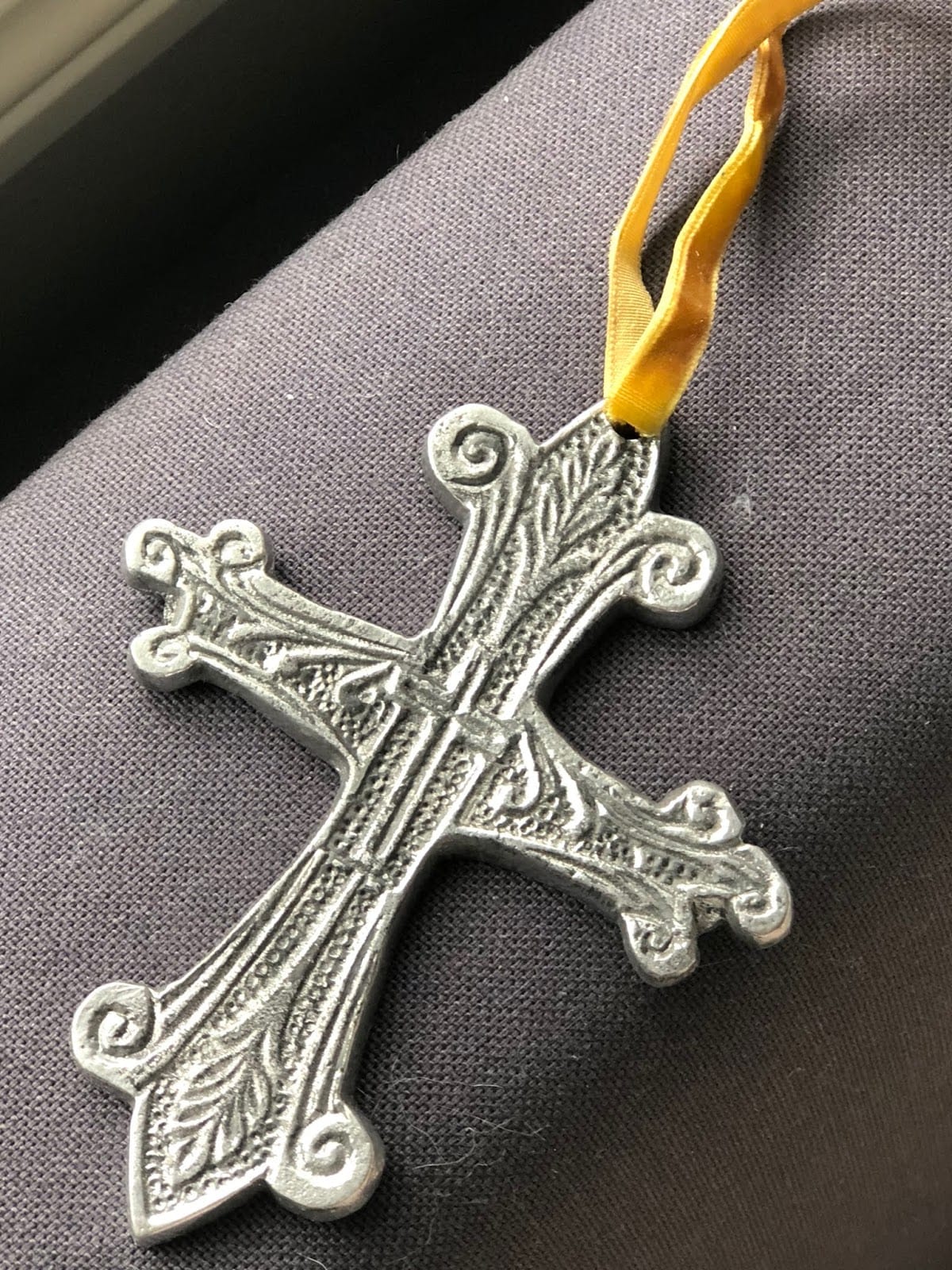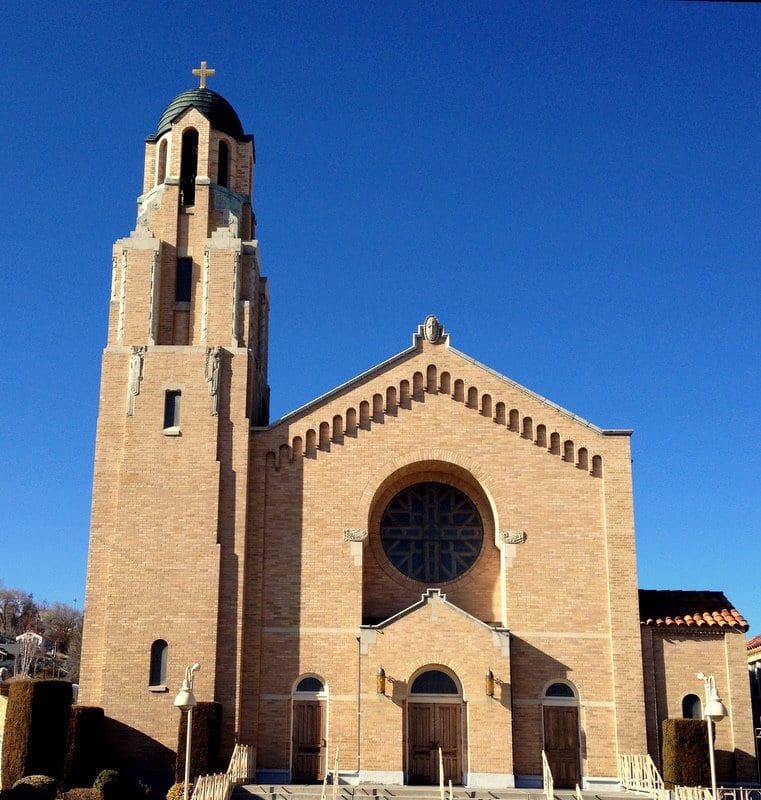
I spent the first eight years of my life as a Catholic. Went to church, learned the hymns and the responses and the stories. Longed to have my first real Communion, marveled at the beautiful robes and pomp and circumstance. Learned about God.
When my parents divorced, even though I didn’t understand the circumstances of it at the time, I was told that we were no longer welcome in the church. My parents had been married in the Catholic church and a divorce was not allowed. I went through a period of being unmoored – for a variety of reasons related to my parents’ split – and I remember wondering, Where is God?
This morning, as I drove Lola to class, I turned on NPR and heard a rabbi ask that same question. In the wake of the massacre at a Pittsburgh synagogue, so many are trying to fit the events in to some understanding of their framework of faith. So many times over the years, I’ve done the same. I would get angry with God and turn away, thinking that no real God could ignore me simply because my parents made mistakes. I fought against the notion of any omniscient being, took a comparative religion class in college and learned about the different ideas and iterations of this being throughout the ages, in different cultures. I have called myself an atheist, a “recovering Catholic,” agnostic. All of those labels were in reaction to what I absorbed from my years in church and from my mom, who held on to her faith in God with a fierceness and tenacity I never understood.
When I finally stopped reacting and thinking about God intellectually, I was able to recognize what I know as spirit, connection. I don’t feel a vertical connection with some other being that exists above all of us. I don’t think I ever have. Intellectually, I believed in that for years – relied on it, even. But I don’t recall ever feeling it within me. What I do feel is a horizontal connection, a link to each and every other sentient being that reminds me I am part of something bigger, that I am not alone, that I am held and I hold others. I don’t have a name for it, and I don’t frankly feel the need to.
I understand deeply the question, Where is God. The need to find some meaning or framework for processing the horrific acts we humans perpetrate is visceral and the idea that there is some being out there that can hold us in our grief and pain and provide answers is often central to our ability to move forward in the face of such trauma. For now, I believe that we are it, we are the ones, and it is that connection between us that allows us to continue on. When Jewish people are targeted, those of us who are not Jewish are called upon to hold those who are, we are called upon to acknowledge the pain, feel grief profoundly, and hold tight. We are necessary to lift those who cannot walk on their own right now and carry them with us as we do the work to rebuild, affirm love, create peace. When Muslims or Native Americans or black and brown people or people with disabilities are targeted, we are called to do the same work. My connection with you is not dependent on your religious beliefs or the color of your skin, the language you speak or where you were born or whether you can hear or see or walk. My connection with you is much deeper and is rooted in something that goes beyond physical form, and that connection goes both ways, if I let it. That means that when you are in pain, I can feel it if I choose to, and in doing so, I can help relieve some of your burden. It also means that when I act with love in my heart, it raises me and you, and reaffirms that tie. When I offer to speak on your behalf when you’re in pain and you can’t, that is “God”. When you listen to me with love and care, that is “God”. When we come together to spread peace and acknowledge the worth of every sentient being as equal, that is “God”.
If the question, Where is God is in service to preventing future massacres like the one that happened in Pittsburgh or the killing of two black people in Kentucky, the only answer I have to offer is this connection, this affirmation of our link to each other. When we turn away and refuse to feel each others’ suffering, we deny the existence of this thing that ties us to each other, and we also deny ourselves the support we gain from others around us. We are supposed to live in community with each other, we are supposed to rely on each other, we are supposed to offer each other our unique gifts when we can and draw on the gifts of others as well. Call it what you will, but I think this is what will save us.



